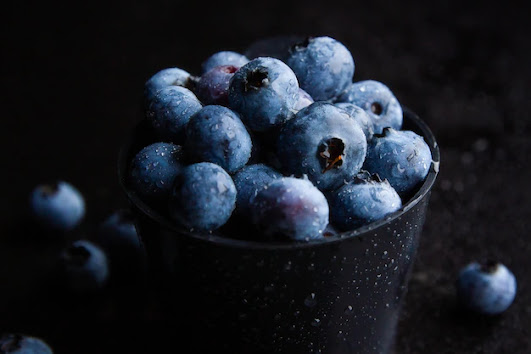Benefits of eating prebiotic foods & How do prebiotics affect the gut??
 What are Prebiotics Food??
What are Prebiotics Food??

Prebiotics are compounds in food that induce the growth or activity of beneficial microorganisms such as bacteria and fungi.
Prebiotic sources must be proven to confer a benefit to the host in order to be classified as a prebiotic. Fermentable carbohydrates derived from fructans and xylans are one well documented example of prebiotics. One study reported that individuals consuming a traditional diet in Africa consumed 38 grams of resistant starch/day.
The main benefit that prebiotics offer to gut health is the nutrients they produce after they are metabolized. "When prebiotics are metabolized by the microorganisms in your gut, they produce short-chain fatty acids as a byproduct, which provide a variety of benefits throughout the body," explains Clark-Hibbs.
🍲 Prebiotics Foods & their benefits:
1. Oats: Oats can be added into your diet in a number of ways, from using rolled oats in overnight oatmeal to swapping out refined flour in your favorite baked goods with oat flour instead. The primary type of soluble fiber in oats is beta-glucan, which has been researched to help slow digestion, increase satiety, and suppress appetite. Beta-glucan can bind with cholesterol-rich bile acids in the intestine and transport them through the digestive tract and eventually out of the body.

2. Blueberries: The polyphenols in blueberries act as a source of prebiotic, allowing them to provide anti-inflammatory benefits and cardiovascular benefits, especially in those with metabolic syndrome, according to the Journal of Functional Foods and the American Journal of Clinical Nutrition.

3. Lentils: Lentils provide good quality plant-based protein and contain polyphenols which are helpful in reducing heart disease risk while being the easiest to digest of any legume.

4. Asparagus: Asparagus is an excellent source of antioxidants like vitamin C, vitamin A and vitamins like folate and vitamin K that enhances bone health and minerals like iron and zinc,

5. Barley: One study found that barley beta-glucan improved metabolism in mice through both suppression of appetite and improvement of insulin sensitivity. Plus, barley is rich in selenium. This helps with thyroid function, provides antioxidant benefits, and boosts your immune system.

6. Cocoa: Cocoa and its products are rich sources of polyphenols such as flavanols, which exert antioxidant and anti-inflammatory effects. Cocoa products can reduce the risk of type 2 diabetes, it’s important to take this information with a grain of salt — most chocolate products still contain large amounts of sugar.

7. Garlic: Different compounds in garlic reduce the risk of cardiovascular diseases, have anti-tumor effects, and lower blood glucose levels. According to an animal study, garlic’s anti-inflammatory properties may even protect against the effects of asthma.

8. Green bananas: green bananas too are extremely rich in potassium. You would be surprised to know that 1-cup serving of boiled green bananas contains 531 milligrams of potassium. Potassium plays an essential role in proper kidney function. Potassium is also a vasodilator, which helps in ensuring that the blood pressure levels are in check.


Post a Comment
Please do not enter any SPAM link in comment box.